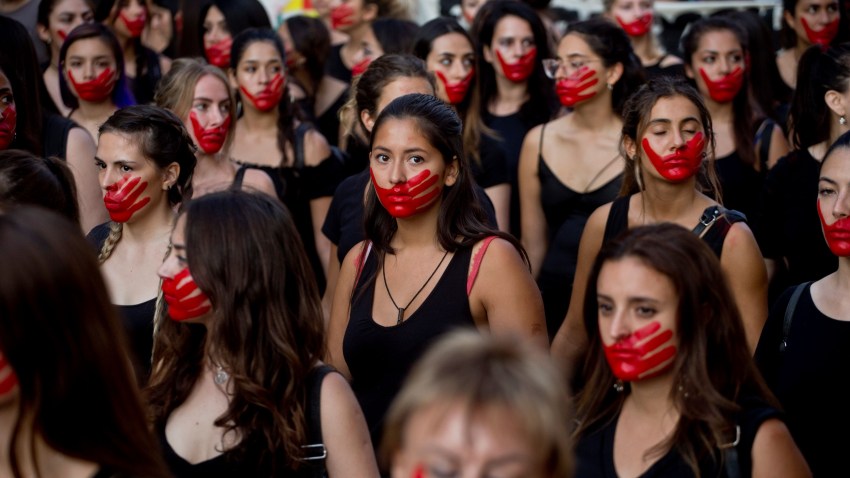Despite progress in codifying women’s rights into law, advances in gender equality around the world have been halting, at best. This, despite the additional attention that the #MeToo movement brought to incidents of sexual assault and harassment in parts of the Global North—and increasingly in the Global South.
In South Africa, President Cyril Ramaphosa made news in 2019 when he appointed a Cabinet that included as many women as men. Later the same year, the European Commission also achieved the European Union’s self-imposed goal of gender parity. The thinking behind gender parity in government is that with greater levels of representation, women policymakers and legislators will pay more attention to issues that are often ignored by men, like gender-based violence or inheritance laws that discriminate against women.
But where quotas are used, they have failed to achieve parity for women in all but a few cases. Nor are they a panacea. Even with increased representation, policymakers must figure out how to turn good intentions into change on the ground, so that removing restrictions on education, to take one example, actually leads to improved school attendance rates for girls and young women.
And in places where women’s rights have advanced, they face persistent attacks. In the United States, the Supreme Court last year overturned the historic 1973 Roe v. Wade decision that guaranteed a woman’s right to choose to terminate her pregnancy. In the immediate aftermath of the ruling, numerous states rolled back abortion rights, including several that instituted total or near-total bans, while others plan to follow suit. For now, some of those measures have been frozen by the courts or reversed by voters, creating even more uncertainty over the issue.
Meanwhile, several European countries, particularly France and Spain, have experienced high-profile incidents of gender-based violence and sexual assault in recent years that activists say call into question their commitment to ensuring women’s safety. And in Latin America, campaigns against femicide have done little to reduce the levels of violence women face across the region. More recently, the public health measures taken in response to the coronavirus pandemic, particularly lockdowns and shelter-in-place orders, further highlighted the particular challenges women face in developed and developing countries alike, from domestic violence to gender imbalances in child care responsibilities.
WPR has covered women’s rights in detail and continues to examine key questions about what will happen next. Will more countries institute quotas to guarantee female political representation? What impact will the rollback of abortion rights in the U.S. have on campaigns to legalize abortion elsewhere around the world? And what can governments do to make sure that legal advances on women’s rights translate into substantive improvements in gender equality? Below are some of the highlights of WPR’s coverage.
Editor’s note: This article was originally published in July 2019 and is regularly updated.

